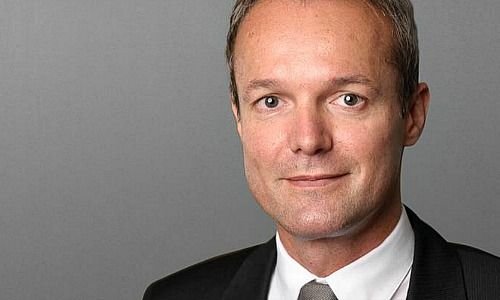A luxury start-up launched by an ex-Credit Suisse banker two years ago has quietly entered administration. The move follows failed efforts to find new investors to keep the fledgling firm afloat, finews.com has learned.
Tend, a start-up launched by former Credit Suisse banker Marco Abele nearly two years ago, has entered administration in Zug, according to the canton's commercial register (in German). The project was beset by problems including far lower-than-expected proceeds from a coin offering last year.
In January, Abele let go roughly ten staff, four sources told finews.com. Last week, Abele informed ex-staff that Tend will cease operations, according to an email seen by finews.com. Zug administration officials would contact the employees about their claims, Abele wrote in the message. He didn't immediately respond to a request for comment.
Luxury Sharing
The now-defunct project is noteworthy because Abele ran Credit Suisse’s digital bank until he was replaced by Anke Bridge three years ago. Tend represented the luxury industry's version of the sharing economy: Clients bought tokens entitling them to draw experiences from one of four categories – classic cars, fine art and culture, watches, and vineyards.

To do so, Tend partnered with auction houses, vineyards, luxury watchmakers and car dealerships. The administration proceeding, which was greenlighted by a Zug judge last week, allows for Tend's debts to be repaid. Besides staff costs, the company had splashed out on a New York-based design agency for its app, and on a spacious showroom near Paradeplatz in Zurich's banking district.
Prominent Names
Tend had drawn hefty international interest, including from coin-holders keen for the company's tokens to be tradeable. Former UBS technology boss Oliver Bussmann lent his name to the project, and ex-Uber executive Rasoul Jalali was operating chief of Tend for eight months.
The project is one in a flotilla of blockchain and crypto start-ups to make their home in Zug, The number of firms active in the crypto industry in Switzerland as well as neighboring Liechtenstein increased sharply last year, according to a recent study.


































